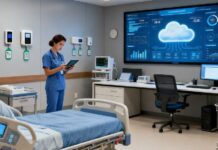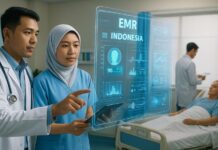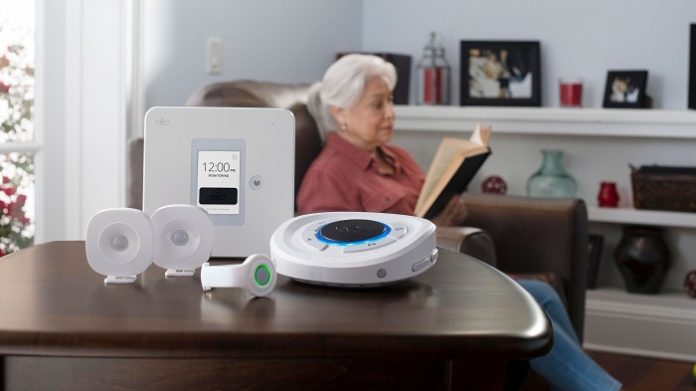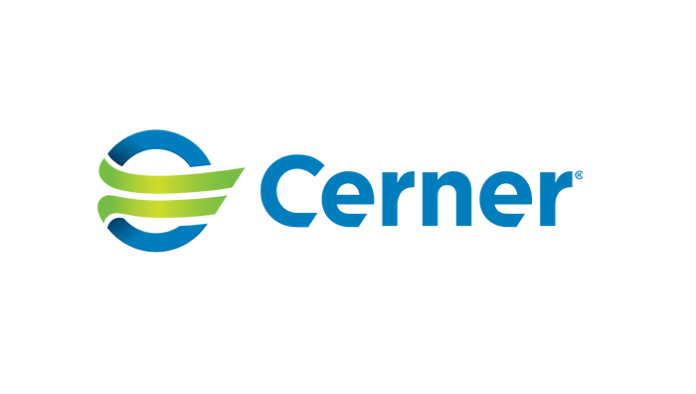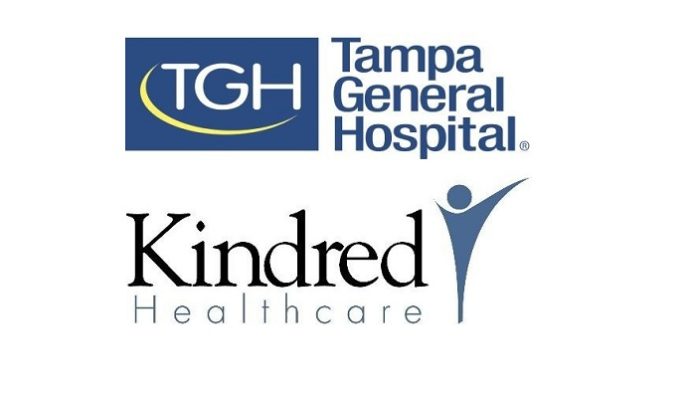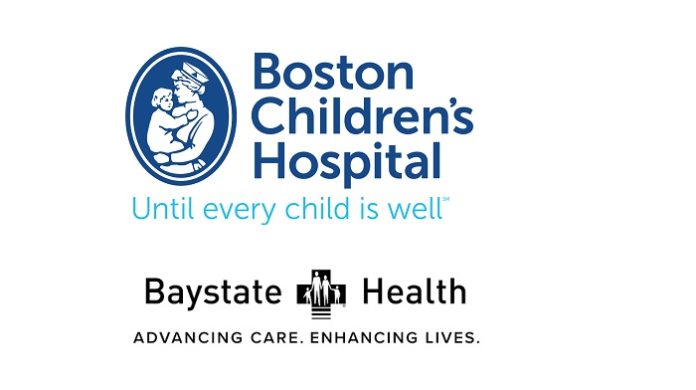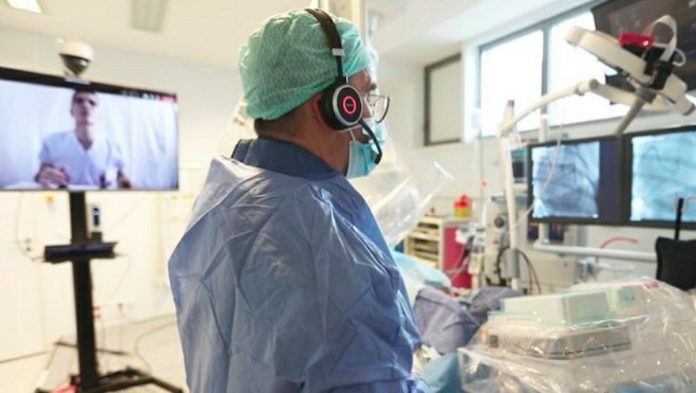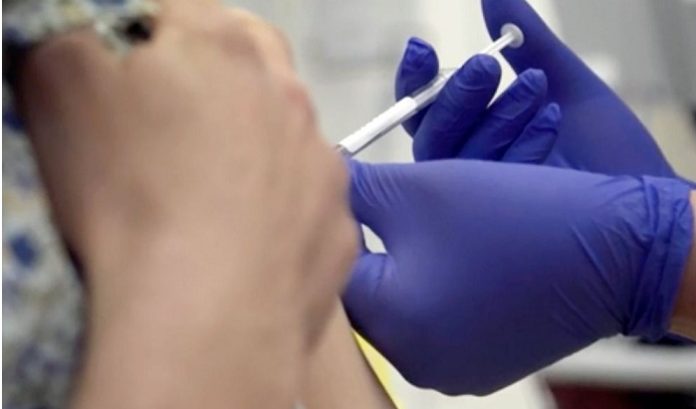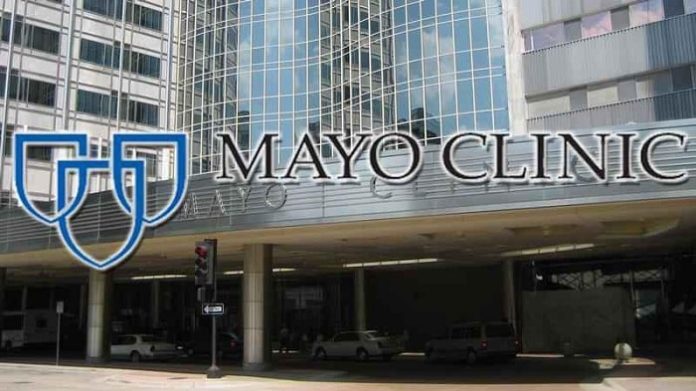Bayer presented exciting progress in transforming its pharmaceutical business with breakthrough innovation in healthcare that will significantly help patients suffering from conditions that are currently still difficult to treat. The company has recently heavily invested in external innovation with an unprecedented number of more than 25 collaboration agreements and acquisitions.
“The biomedical and technological revolution that is transforming healthcare at an unprecedented pace is taking place now. Our company is at the forefront of the wave of innovation in cell and gene therapy as well as digital health,” said Stefan Oelrich, Member of the Board of Management, Bayer AG and President of Bayer’s Pharmaceuticals Division. “We are driving this transformation and growing our promising development portfolio together with our partners. Our joint goal is to bring breakthrough treatments to patients and make healthcare systems more sustainable in the mid- and long-term.”
At its virtual Pharma Media Day, speakers from Bayer, its partners and leading experts demonstrated under the theme “Transforming Healthcare. Transforming Bayer” how the company is committed to transforming patient health by fulfilling its strategic ambition in the areas of cell and gene therapy, digital health and by driving forward the company’s promising development portfolio.
Cell and Gene Therapy: Accelerating breakthrough innovation for patients
Cell and gene therapies offer for the first time the possibility to address the root cause of disease, providing options for conditions considered intractable or where the current standard of care only addresses symptoms to different degrees. Bayer’s increasing investments in the field are consolidating the company’s emerging leadership and confirm its strategic significance as a growth-driver for its pharmaceutical business.
Bayer has just established a new Cell and Gene Therapy Platform. This platform steers Bayer’s strategy in the area and orchestrates all activities along the value chain providing an innovation ecosystem for all partners, including BlueRock Therapeutics and Asklepios BioPharmaceutical (AskBio), two companies fully owned by Bayer but independently operated. Bayer’s development portfolio of cell and gene therapies already comprises seven advanced assets in different stages of clinical development. These are focused on multiple therapeutic areas with high unmet need, such as neurodegenerative, neuromuscular and cardiovascular indications, with leading programs in Pompe disease, Parkinson’s disease, hemophilia A, and congestive heart failure. With over fifteen preclinical assets in the cell and gene therapy field, the pipeline is expected to grow steadily year by year.
“Cell and gene therapies hold the promise to significantly impact patients’ lives by moving from treating symptoms to potentially curative approaches,” said Wolfram Carius, Executive VP and Head of Cell and Gene Therapy at Bayer. “Together with our partners, we want to accelerate innovation at its source and along the whole value chain to ensure a fast translation of science into therapies for patients who have no time to wait.”
BlueRock Therapeutics recently announced that the U.S. Food and Drug Administration (FDA) has cleared their Investigational New Drug application to proceed with a Phase I study in patients with advanced Parkinson’s disease. This will be the first trial in the United States to study pluripotent stem cell-derived dopaminergic neurons in patients with Parkinson’s disease and a big step forward for the stem cell field.
Digital Health: Empowering patients through Integrated Care
Digital healthcare offerings have become an important pillar of modern healthcare. The combination of conventional healthcare approaches with innovative digital technologies makes it possible to offer efficient solutions addressing the needs of a person in his/her specific environment. Bayer is developing Integrated Care concepts which offer individual support of patients. This personalized approach addresses complex and interconnected health challenges within the individual circumstances.
Integrated Care is a key element of Bayer’s digital business strategy in pharma. In collaboration, Bayer and the digital health company Informed Data Systems Inc. (IDS/One Drop) are expanding their business based on IDS’s existing diabetes management platform. This solution was downloaded more than 3 million times. Together, the companies are now creating new health offerings to address the needs of patients in the areas of cardiovascular diseases, women’s health and oncology. Experts from both companies are jointly working on the first two modules, which are to become available within a year.
“By focusing on the individual patient, not their disease, Integrated Care is the path to truly inclusive and personalized healthcare,” said Jeanne Kehren, Senior VP of Digital & Commercial Innovation and Member of the Pharmaceuticals Executive Committee of Bayer AG. “We are determined to make Integrated Care solutions a major pillar of our company’s pharmaceutical business. Building on our expertise in the pharmaceutical sector, we can bridge the gap between tech and healthcare. In the next ten years, we expect digital health offerings to significantly contribute to our revenues.”
Growing a robust pipeline: New approaches for unmet medical needs
Bayer is continuing to build a strong development pipeline advancing more than 50 projects through the clinic with a focus on cardiovascular diseases, oncology and women’s health. The company highlighted two promising pipeline programs in mid-stage development demonstrating medical innovation at Bayer.
As an innovation leader in cardiovascular diseases with deep disease understanding and a long history of successful drug development, Bayer is particularly strong in the field of anticoagulation. Heart attack and stroke still represent a major health burden and new, more effective treatment options in thrombosis prevention are needed. The company is advancing a promising mid-stage program of Factor XI (FXI)-targeting compounds, a new class of anticoagulants, comprising of three investigational assets. A small molecule oral FXIa-inhibitor has commenced a Phase IIb program (PACIFIC), planning to enroll more than 4,000 patients in total. In addition, an anti-FXIa antibody and a FXI-ligand-conjugated antisense oligonucleotide (FXI-LICA), which Bayer is developing under exclusive license from IONIS Pharmaceuticals, have recently started Phase II trials, in patients with end-stage kidney disease. FXI-pathway inhibition may offer protection from thromboembolic events without increased risk of bleeding. This may provide a treatment option to patients for whom currently no suitable therapeutic options are available.
With its P2X3 multi-indication program, Bayer highlighted another important candidate in mid-stage development. At Bayer, the promise of P2X3 antagonists was first identified for endometriosis within the company’s strategic research alliance with Evotec, a Germany-based drug discovery and development company. Endometriosis is a clinical condition affecting approximately 10 percent of women in reproductive age, many of whom experience severe chronic pain with debilitating effects on their professional, personal and social lives. P2X3 also has a prominent role in several other medical conditions associated with pain and neurogenic hypersensitivity such as chronic cough, overactive bladder and neuropathic pain. Although these diseases are not life-threatening, they severely impact the quality of life for a very large number of patients – and P2X3 antagonists could potentially offer a new treatment approach and relief to these patients. For its development strategy, Bayer decided to explore a novel path in research and development pursuing not one but multiple possible indications early on and in parallel in the clinic. As of today, Bayer has entered Phase IIb clinical trials for refractory and/or unexplained chronic cough, with a trial in endometriosis soon to follow. In addition, Phase IIa clinical studies have commenced for overactive bladder and diabetic neuropathic pain.
“Our research in the fields of Factor XI inhibitors and P2X3 antagonists are just two promising examples of mid-stage programs that demonstrate our ongoing commitment to building and advancing a strong development pipeline,” said Stefan Oelrich. “Positioning Bayer as a leader in the highly dynamic space of healthcare innovation, we will continue to lead the field in bringing new solutions to patients who need them.”
At the same time, the company is also successfully delivering on its late-stage pipeline in the areas of oncology and cardiovascular disease including also a number of potential blockbuster products. In the area of oncology, for example, darolutamide (jointly developed with Orion Corporation), a differentiated treatment option that extends survival for men with non-metastatic castration-resistant prostate cancer who are at high risk for developing metastatic disease (nmCRPC), and shows a favorable safety profile. The product has received regulatory approval in several markets, including the U.S., the European Union (EU), Brazil, Canada and Japan. The Phase III study ARASENS in the indication of metastatic hormone sensitive prostate cancer (mHSPC) is expecting data read-out in 2021. Larotrectinib is a first-in-class precision oncology treatment designed to treat patients with solid tumors harboring a Neurotrophic Tyrosine Receptor Kinase (NTRK) gene fusion (1). The product is approved in more than 40 countries, including the U.S. and countries of the EU. It was the first treatment in the EU to receive a tumor-agnostic indication.
Finerenone is an investigational first-in-class treatment for patients with chronic kidney disease (CKD) and type 2 diabetes (T2D), a condition of high unmet medical need and limited treatment options. Finerenone has been submitted for marketing approval in the US and in the EU based on Phase III data from the FIDELIO-DKD trial. The Phase III program with finerenone in CKD in T2D is the largest Phase III clinical trial program to date in CKD and T2D. It comprises two studies, evaluating the effect of finerenone versus placebo on top of standard of care on both renal and cardiovascular outcomes. The second Phase III trial in patients with CKD in T2D, FIGARO-DKD, is still ongoing. Vericiguat, which is being jointly developed with MSD (a tradename of Merck & Co., Inc., Kenilworth, NJ, USA), is currently under development for the treatment of patients with chronic heart failure and reduced ejection fraction (HFrEF). It could offer a specific mechanism of action to restore the functioning of a critical pathway, so far not addressed by current therapies. Vericiguat has been submitted for marketing authorization in the U.S., EU, Japan and China as well as multiple other countries. In July 2020, the FDA granted MSD’s application the status of priority review for the approval of vericiguat.
In the field of women’s healthcare, Bayer recently added a highly attractive asset to its development portfolio through the acquisition of KaNDy Therapeutics. BAY-342 (formerly NT-814) is a first in class, non-hormonal, once-daily, oral neurokinin-1,3 receptor antagonist for the treatment of vasomotor symptoms (hot flashes and night sweats) during menopause, planned to start Phase III development in 2021.
(1) Larotrectinib is the first precision oncology therapeutic of its kind to treat adult and pediatric patients with solid tumors that display an NTRK gene fusion, who have a disease that is locally advanced, metastatic or where surgical resection is likely to result in severe morbidity, and who have no satisfactory treatment options.
About Bayer
Bayer is a global enterprise with core competencies in the life science fields of health care and nutrition. Its products and services are designed to benefit people by supporting efforts to overcome the major challenges presented by a growing and aging global population. At the same time, the Group aims to increase its earning power and create value through innovation and growth. Bayer is committed to the principles of sustainable development, and the Bayer brand stands for trust, reliability and quality throughout the world. In fiscal 2019, the Group employed around 104,000 people and had sales of 43.5 billion euros. Capital expenditures amounted to 2.9 billion euros, R&D expenses to 5.3 billion euros.





